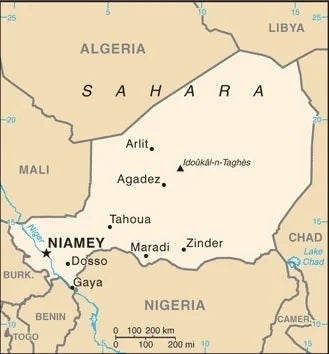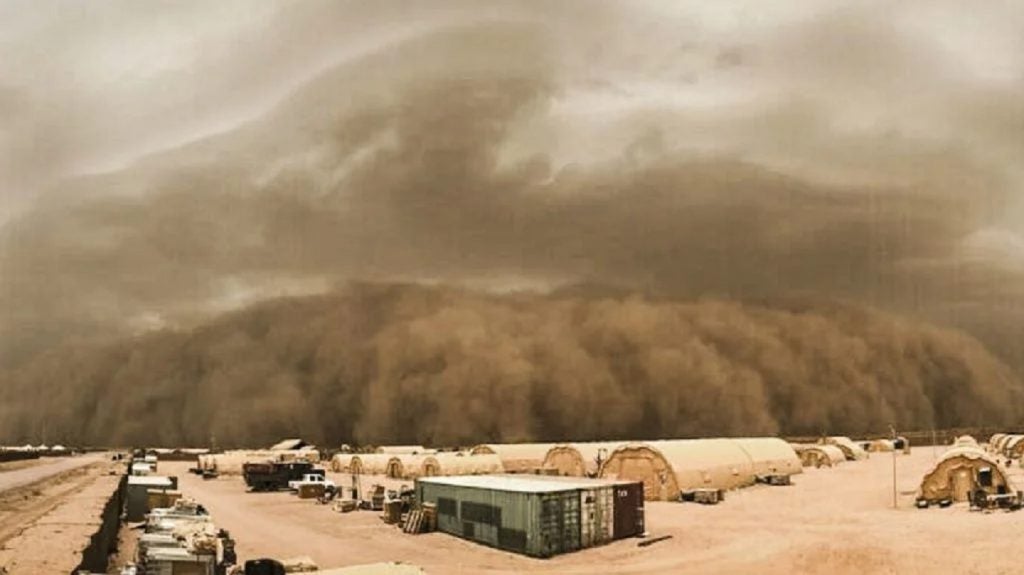The US will lose a key defence presence in the heart of Africa, after being forced to withdraw its forces from Niger following the failure of bilateral negotiations on the continuation of security cooperation in the wake of a military coup in July last year.
The coup is the fifth since the country gained independence from France, with the others occurring in 1974, 1996, 1999, 2010, and a failed military takeover in 2019. However, Washington continued to prevaricate over how to classify the event, taking nearly two-and-a-half months to come to the same conclusion as its allies in Europe and Africa.
Announcing at the end of April 2024 the intention to withdraw all military personnel from Niger, the US State Department said that “amid discussion since July 2023”, US negotiators had been “unable to reach an understanding” with the Niger’s National Council for Safeguarding the Homeland (CNSP) to continue security cooperation.
The consequence of the inability of the US to determine a way to work with the new ruling junta of Niger, which saw presidential guard commander General Abdourahamane Tchiani conduct the ousting of President Mohamed Bazoum, will deny Washington a crucial security node in Africa.
The withdrawal of US forces from Niger would be “orderly and responsible”, US State Department officials said at the time.
A Pentagon spokesperson said in a press briefing on 25 April that the “preference” would be “to have the ability to operate out of places like Niger”, adding that the US had “other means and methods” at its disposal.
In the week of April 29, Assistant Secretary of Defense for Special Operations and Low Intensity Conflict Christopher Maier and Lt Gen Dag Anderson, the director for Joint Force Development, Joint Staff, were to hold follow up meetings in Niamey to coordinate that withdrawal process “with transparency and mutual respect”.
By 6 May 2024, approximately 1,100 US military personnel remained in Niger, with Pentagon officials stating that the US was still “working with the Nigeriens” to determine “what that orderly withdrawal will look like”.

The importance of Niger to US forces centres on its central location in Africa and over-the-horizon surveillance capabilities of MQ-9 Reaper drones located at Niger Air Base 201.
The revelations of US troops withdrawal from Niger is also running parallel to its neighbour Chad, directly east, where according to US Pentagon officials USAFRICOM is currently planning to reposition some US military forces from Chad.
“This is a temporary step as part of an ongoing review of our security cooperation, which will resume after Chad's May 6 presidential election,” a Pentagon spokesperson stated.
Chad conducted presidential elections on 6 May in which the prospect of a return to civilian rule was a possibility, albeit remote, after decades of rule by Idriss Déby ended in 2021 following his death. A transitional junta had been managed the country’s affairs from 2021-2024, led by Déby’s son, Mahamat Idriss Déby Into, who was expected to emerge victorious in the elections.
China and Russia to benefit from US military withdrawal from Niger
With annual trade between the US and Niger totalling $1.6trn according to the US embassy in Niamey, the need to continue to maintain good relations with the current junta will be important in an economic context. However, the absence of a military presence in the country, outside of embassy security requirements, will lessen the US’ influence.
The obvious winners in the US decision to pull its forces from Niger will be China and Russia, who will move to fill the vacuum without compunction given their superior ability to pursue policies of realpolitik instead of principle-based diplomacy.
Although Niger relies heavily on agriculture and oil for its national economy, it also has resources of the highest-grade uranium available in Africa, and thus in great demand by the world’s nuclear powers.
According to the World Nuclear Association, uranium mining in Niger accounts for about 5% of the world’s output. China has specifically sought to invest heavily in the country in recent years as it looks to expand its supply of critical materials and impose its own diplomatic perspective on regions.
Russia maintains a growing military presence in Niger and were widely reported to now be using the same military area of Niamey’s International Airport as the dwindling number of US forces (this is not the same location as Niger Air Base 201, which is located at Agadez, several hundred kilometres northeast of the capital).









